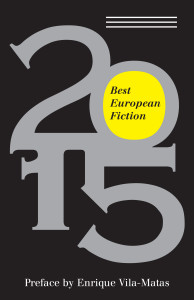 Best European Fiction is an annual anthology from Dalkey Archive Press which gathers together short stories from all corners of the European continent. This year’s volume is the sixth, and I have it in mind to do a story-by-story review. Unlike previous times doing these, however, I’m not necessarily going to restrict myself to one story per post. I may as well start right now…
Best European Fiction is an annual anthology from Dalkey Archive Press which gathers together short stories from all corners of the European continent. This year’s volume is the sixth, and I have it in mind to do a story-by-story review. Unlike previous times doing these, however, I’m not necessarily going to restrict myself to one story per post. I may as well start right now…
Joanna Walsh, ‘Worlds from the Word’s End’
This particular journey around Europe starts in England, with Joanna Walsh, creator of the excellent #Readwomen2014 project. Walsh’s piece takes the form of a break-up letter written by a woman who lives in a place where language is no longer in use. It started off as a hipster trend, then went mainstream: imprecision of speech gave way to silence, then no writing at all; until people lost the ability to name things ansd find meaning in words. Walsh’s narrator explains to her lover (who still lives in the ‘speaking world’) why she can no longer write to them:
As for me, you twisted my words and broke my English until I was only as good as my word: good for nothing, or for saying nothing. I stopped answering and that was the way you liked it. You told me you preferred your women quiet. You wanted to increase your word power? Trouble is, you didn’t know your own strength.
What particularly intrigues about this story is how slippery it all is: this world without words doesn’t quite ring true, especially when you have an individual from it who writes so fluently. The occasional deliberate grammatical errors made in reference to particular changes in the outside world feel almost like challenges to the reader: just try to imagine this! Metaphor slides seamlessly into reality, to create a world that looks coherent on the page – but try to hold it in your head and it evaporates, like the last flimsy ties of a dying relationship.
Armen of Armenia, ‘Who Wants To Be a Millionaire?’
Translated from the Armenian by Haik Movsisian
Here’s another story which has a sense of completeness, yet is difficult to encapsulate mentally. An ‘I’ challenges a ‘you’ to answer six-and-a-half Millionaire-style questions:
Send your list on February 29, and I’m obligated to make mine public on the same day. One million Armenian Drams are being wagered. You’ll get the whole amount, if all of our picks match.
The questions include ‘What do you want?’, ‘What are you looking for?’ and ‘What happened to us on February 29?’ – all with four answers, each implying a different interpretation of events. Are these people lovers? Hired killer and victim? Both? Armen’s piece – and Haik Movsisian’s nimble translation – jumps between different levels of fictional reality, leaving the reader to decide for herself. What’s clear, though, is that the most important question is the last one: ‘Loves me, loves me not?’ The answer to that question makes all the difference.
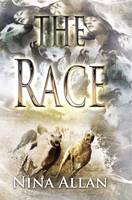
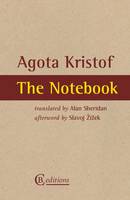

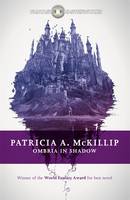

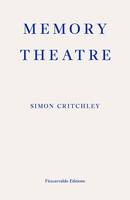
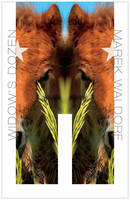
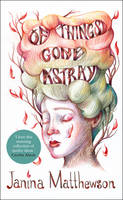
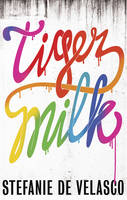
Recent Comments